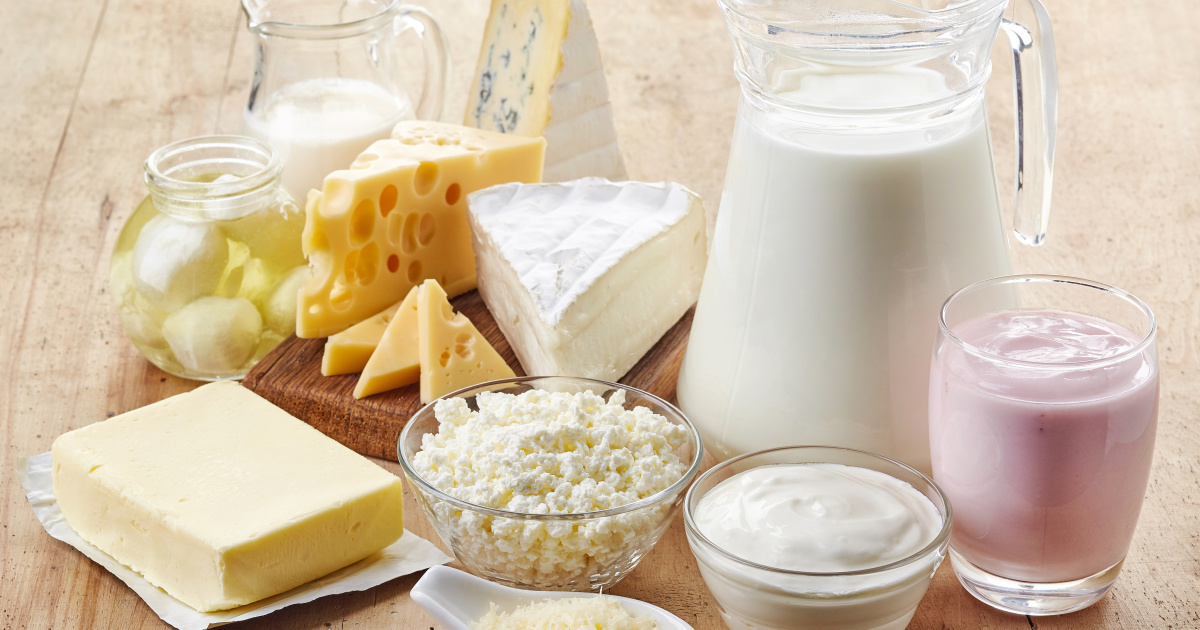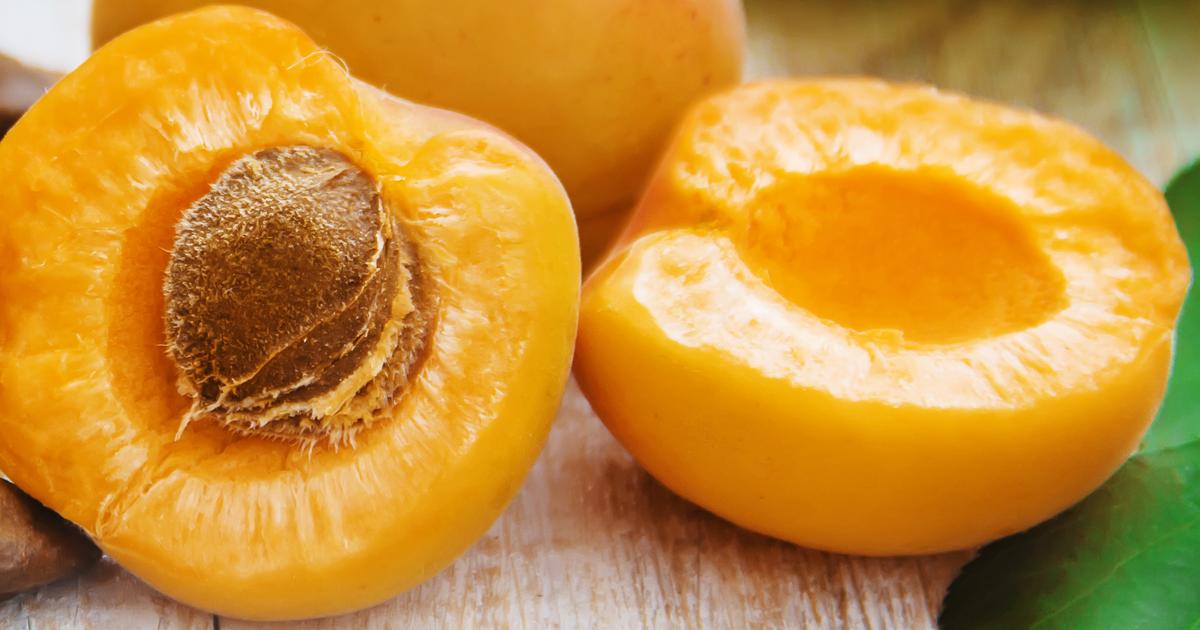Foods To Avoid For Optimal Kidney Health
7. Too Much Dairy

Dairy has long-since been a controversial foodstuff. Some nutritionists tout it as being healthy and rich in protein and nutrients, while others may claim it can be bad for human health. Regardless of where an individual stands on the issue, dairy products, such as milk, contain quite a bit of phosphorus and potassium. As noted above, potassium can be difficult for our kidneys to process, and so can phosphorus.
8. Apricots

Apricots are a culprit because they are also high in potassium. One cup of this fruit has about the same amount of potassium as a medium-sized banana, about 425 milligrams. While an avocado has more potassium, it's still best to avoid potassium-rich foods such as bananas and apricots as well. Too much potassium in an individual's blood can lead to hyperkalemia, which is a serious condition that can cause circulatory and digestive problems. This strengthens the point made earlier that individuals with kidney disease especially should avoid potassium-rich foods.
